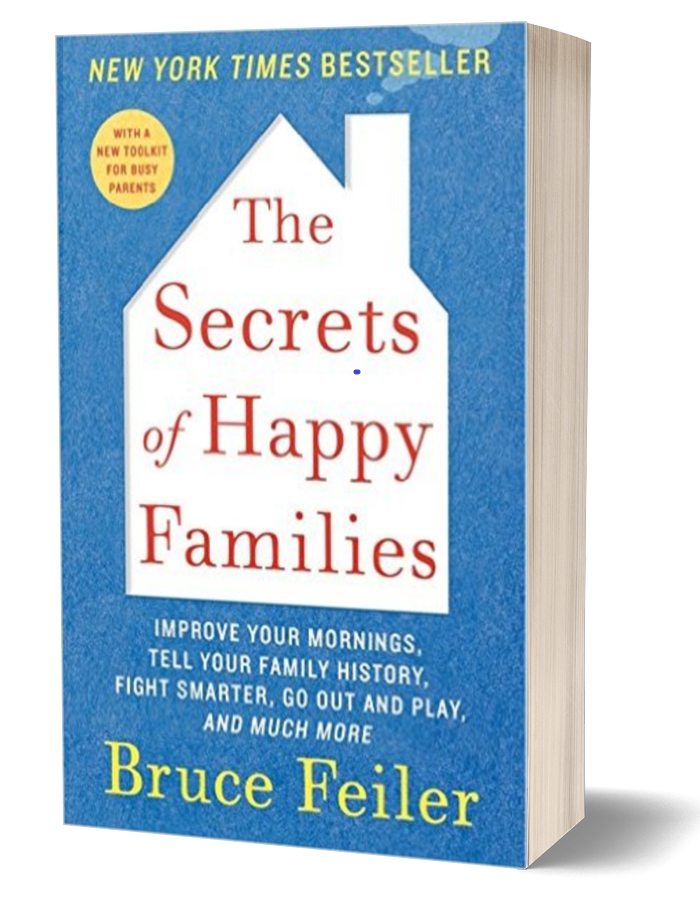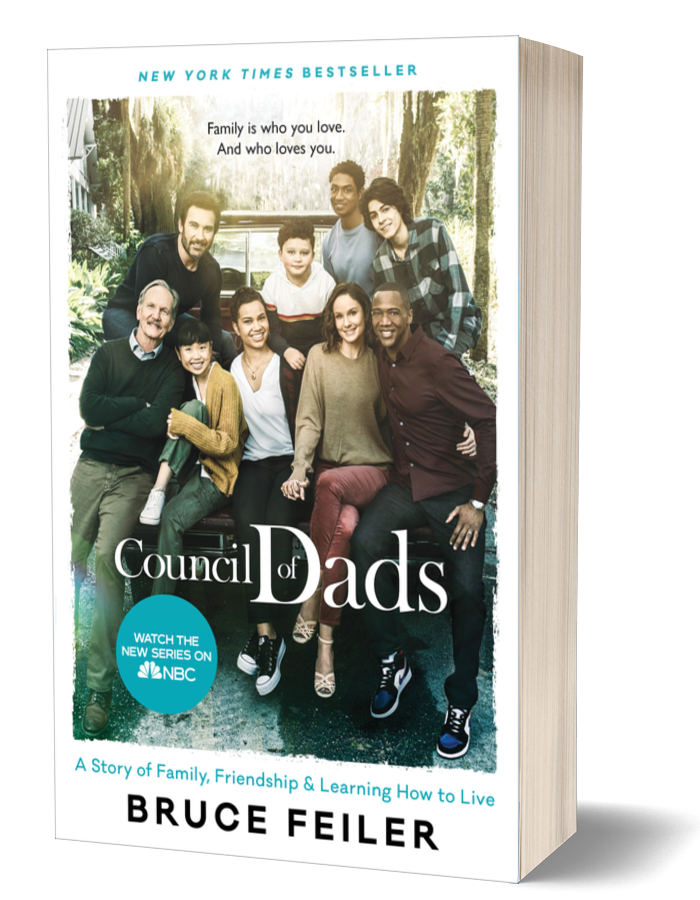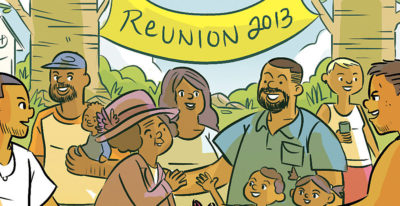Bruce is a popular writer, speaker, and thinker on the changing face of the American family. In three books, two TED Talks, and more than a hundred New York Times columns, Bruce has written about the impact of technology, family storytelling, cutting-edge conflict resolution, and changing work patterns on the American home. His breakthrough ideas on family history, family mission statements, and family dinner, outlined in The Secrets of Happy Families, have been widely credited with reshaping the discussion of modern parenting. His popular TED Talk on the Agile Family has been viewed more than 1 million times. Bruce speaks and consults broadly on how corporations, community groups, parents, and schools can better understand the future of the family.
Related Speaking Topics
12 TRENDS RESHAPING THE FAMILY - How Millennial Parents, Digital Kids, Overworked Moms, and Active Dads Are Changing How Families Shop, Spend, and Connect
Drawing on fifteen years of proprietary research, two bestselling books, and 100 New York Times columns, Bruce Feiler explodes outdated ideas about the family and reveals how working moms, diaper dads, and 24/7 technology are remaking the American home, posing an urgent threat to brands, and presenting an unrivaled opportunity for nimble companies to reach millions of new customers. With his patented mix of in-depth data, careful analysis, and hands-on research, Feiler discusses how changing demographics [he coined the term parennials in the NYT]; flexible jobs, online shopping, and increased stress; and outlines the possibilities for businesses to help harried families improve their lives.
SECRETS OF SUCCESSFUL FAMILIES - Surprising New Ways to Manage and Life Well
As seen on GMA, TODAY, CNN, FOX, MSNBC, and his popular TED Talk, Bruce Feiler delivers a lively, practical talk designed to help busy families contend with the issues they struggle with most: discipline, dinner, difficult conversations, out-of-control mornings, challenging bedtimes, technology showdowns, and sibling rivalry. Combining up-to-the minute research, personal experience, and proven know-how from more than fifteen years of research, two bestselling books, and 100 New York Times columns, Feiler offers and easy-to-implement blueprint of what high-functioning families have in common and helps audience members identify the specific takeaways that can make their family—and everyone in their family—happier.











